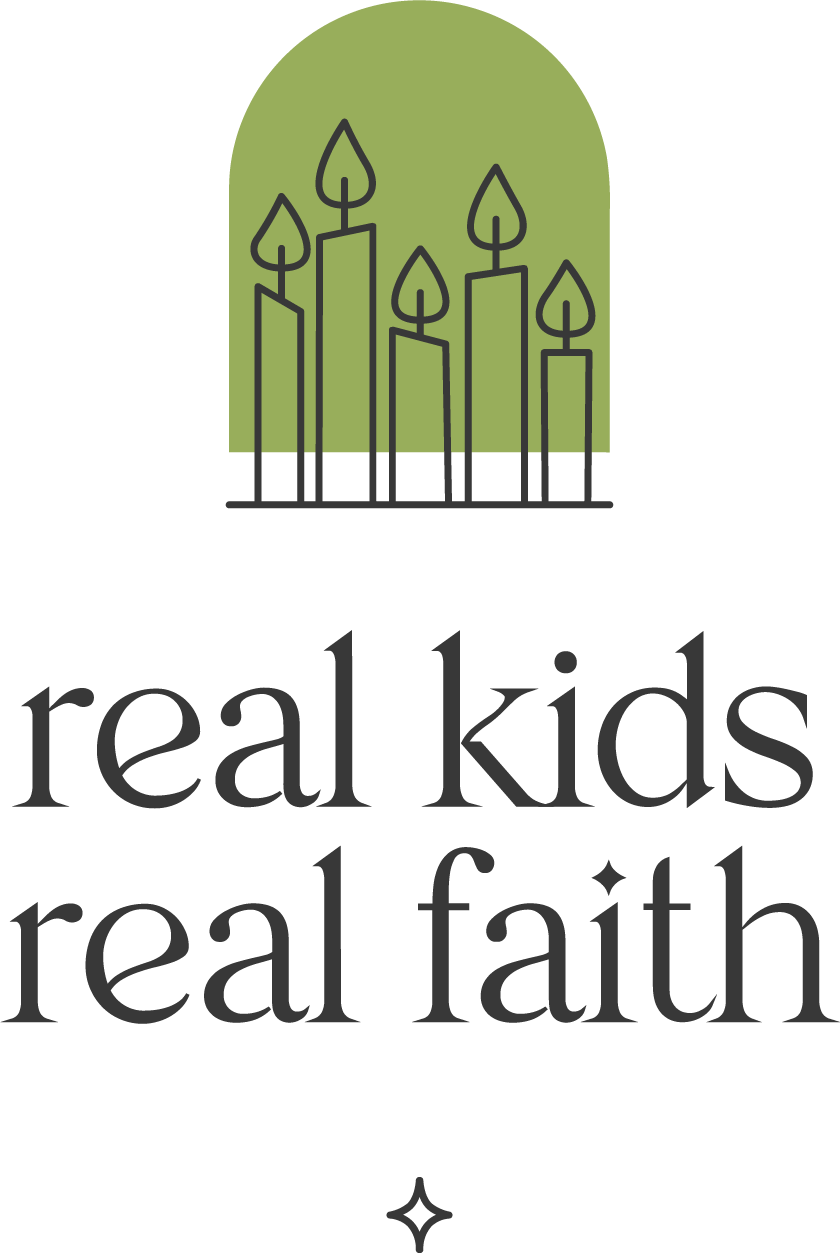Earlier this month, UNESCO added borsch, the national soup of Ukraine, to its list of endangered cultural heritage items. Ongoing war has made the preparation of this signature beet-red dish rare. In response, cooks in many other countries have taken up the challenge, teaching borsch-making classes and selling borsch to raise money to support Ukrainian refugees.
Yevgenia Nayberg’s picture book, I Hate Borsch!, offers another way for families and groups to talk about the war in Ukraine with children. Complete with a vegan recipe for borsch that children can help make, it explores how one Ukrainian child’s disgust for borsch turns into appreciation after her family immigrates to the United States.
Use the book as a springboard for helping children 4 years and older explore their feelings and ideas about the war and its effects.
Borsch defense! The author recalls a legend about using borsch to drive away enemies. She loves the idea of dumping borsch on people’s heads. Wonder with children about what the people of Ukraine are doing to defend their country. Acknowledge the violence and that people are getting hurt. Then imagine together other, more silly, ways of responding to an attack, like catapulting biscuits or pouring syrup in the streets. [Imagining such solutions evokes the agency of fairytale heroes and lightens the conversation so children are less likely to become overwhelmed.]
Lotsa Recipes. The author leaves Kiev with a whole bunch of borsch recipes in the bottom of her suitcase. Everybody thinks they know the best way to make borsch. Ask children: What have you heard people saying about the war in Ukraine? Make a list of all the different things they have heard. Then ask: Why do you think there are so many different ideas about the war? Note that some people think that their ideas, like recipes, are the only true ones. Ask: How do you decide what to believe? [Because even young children notice different ideas and question which ones to believe, this activity lets them practice assessing with a trusted adult.]
Something missing. After eating her way through American foods, the author realizes that she misses her homeland. Tell children: Many families have had to leave Ukraine to get away from the war. They had to leave most of their stuff behind. Ask: What would you miss if you had to leave home and couldn’t take all your things with you? Then say: People in other countries have shared food, toys, and other things with the Ukrainian refugees. Invite children to draw a picture of the things they would share if a refugee came to their community.
Let’s get cookin! After reading about borsch, children may be curious about how it tastes. If so, gather up the ingredients for the included recipe or find a different recipe online. Work together to grate and chop the ingredients. Young children can be in charge of crushing garlic, peeling onions, scooping tomato paste and sour cream, and picking (or measuring) dill. As you cook, share your hope for peace in Ukraine and brainstorm ways to make the world a more peaceful place.

Comments